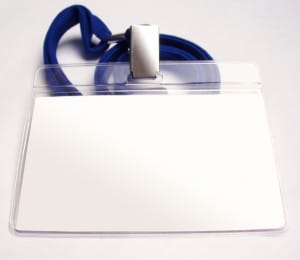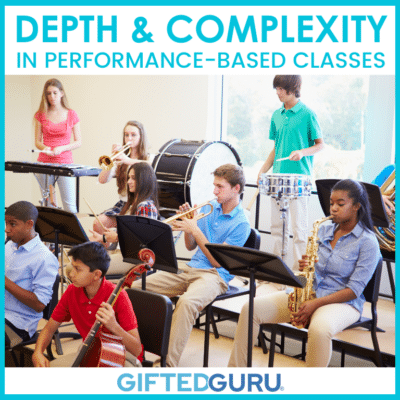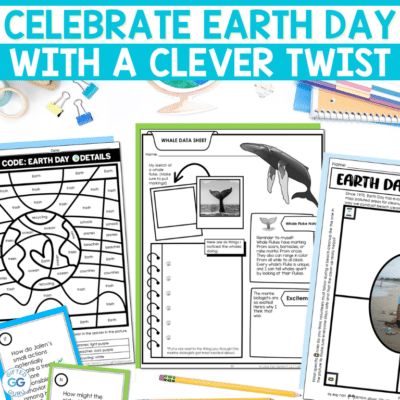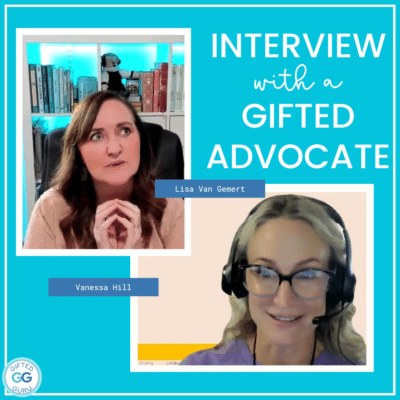So, I just got back from the Georgia Gifted and Talented conference, and I’m heading out to another one in Austin, and in between I’m facilitating a lot of professional development for teachers. Having this sandwich of experience has led me to write about five things I think that teachers at professional development can learn from teachers at conferences.
1) Even if you’re there because someone else wants you to be, you can still get a lot out of it.
One thing I notice at conferences is that the teachers are just sucking the marrow out of it. They’re going on very little sleep, their spouses are texting weird questions like, “So, how do you get vomit out of the carpet,” and they’re worried about what the sub is doing to the classroom in their absence, but still….they’re focused. They’re going through the program offerings like a J. Crew catalog. The pages are folded over. Choices are starred, and then crossed out, and then starred again. They argue the merits of speakers and sessions. They divide and conquer, determined to share, but knowing that nothing beats being there.
Contrast this with what we sometimes see at “normal” professional development. Some teachers don’t engage. Some resent it. Some don’t focus on what’s going on because they’re too focused on what they’d rather be doing. Some stay in the shallow waters of thought, surreptitiously checking Facebook and texting, rather than diving in to what is there to be found.
Take-away: You can be forced to go, but you can’t be forced to hate it. It’s only a waste of time if you make it one.
2) Go to what you need, not just what you like.
Teachers at conferences have to choose between sessions that they WANT to attend, and sessions they SHOULD attend. Frequently, you will overhear teachers say, “I wanted to go to that one, but I really need to learn how to do this.” Just because something a teacher went to “counted” for continuing education credit doesn’t mean that it was what was really needed by that teacher.
Take-away: Instead of taking the easy way out and doing PD that is comfortable, stretch a little. Choose opportunities that will expand your professional skills and knowledge base.
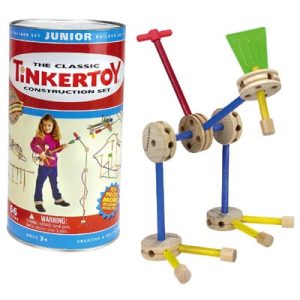
One of the most valuable things any teacher can get from a conference is connection with other teachers. People are anxiously scribbling email addresses on the backs of handouts and typing numbers into phones. Almost always, the most important thing I take away from a conference is personal connection.
Even for a district-led professional development opportunity, get business cards made and share. Create a Linked-In profile. Get on Twitter. Find a way to connect with other teachers beyond the PD session.
Take-away: Leave professional development with personal connections, not just handouts.
4) Be a meta-educator. Don’t get stuck in your content area.
At conferences, teachers attend sessions with little or no regard for content area as a restriction. Teachers in all domains are in virtually every session because truly excellent teachers understand that sometimes you learn the most from people outside of your world.
Developing the ability to see the application and possibilities for our own classrooms in any session is the key to truly advanced professionalism, and this is true in any field. We will rarely have “drag-and-drop” experiences where we can take something and put it directly to use in the classroom with no modification. That doesn’t mean it’s not valuable.
Take-away: Broaden your horizons about what you can learn from whom.
5) Cast your bread upon the waters.
When teachers come home from conferences, they’ve got bags brimming with handouts and information. They’ve got spirals full of notes (most of which they understand) or electronic devices with far less memory space available. And they want to tell you about it. They want to share the cool session they went to, the neat thing they learned, the resource they’re dying to try.
This same thing is possible with more mundane professional development. Make a point to get together with colleagues afterwards to share applications and ideas. You may find that what you thought was a desert-like session with virtually nothing to offer actually had a shimmering oasis you can use or develop.
Start a blog. Tweet it out. Send an email. Share.
Take-away: Don’t be the place ideas go to die. Share with other teachers what you’ve learned in the way that’s most comfortable for you.
To put my money where my mouth is, I’ll be sharing ideas on this site and at Pinterest.com/brightkids. Also, find my presentations and handouts from the conference here.

